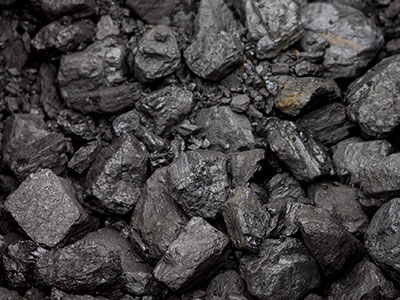A New Era of Coal
The "Black Diamond" Revisited
This working paper explores the rising importance of coal for satisfying surging global energy demand, considers the geopolitical implications of the effective use of coal, and highlights the potential role of the U.S. as a major coal supplier.
EXECUTIVE SUMMARY
This working paper explores the rising importance of coal for satisfying surging global energy demand, considers the geopolitical implications of the effective use of coal, and highlights the potential role of the U.S. as a major coal supplier.
MAIN ARGUMENT
Coal is generally viewed as a “dirty” hydrocarbon and has been criticized by environmental NGOs and other groups. In reality, however, the effective use of coal is the only option to meet the surging energy demand that is needed for the sustainable growth of the world economy. Coal is more abundant, cheap, and widely distributed than oil and natural gas. While developing environmentally friendly forms of energy consumption is undoubtedly important to minimize greenhouse gas emissions and air and water pollution, clean coal technologies have made steady progress and are increasingly commercially available. In addition to the environmental benefits of these technologies, the more efficient use of coal would reduce competition over other hydrocarbons (specifically, natural gas and oil) among energy-hungry nations.
POLICY IMPLICATIONS
- Given that for the foreseeable future coal will remain an indispensable source of energy to meet globally surging demand, diffusion of commercially available clean coal technologies should be strategically encouraged.
- The geopolitical importance of the effective use of coal should also be emphasized. It would not only reduce rivalries over access to natural gas and oil in some regions but also decrease overdependence on a single supplier, as is witnessed in the Central and Eastern European gas link with Russia.
- The U.S. can exert strong leadership to improve global energy security by increasing coal exports against the backdrop of the shale gas revolution.
Shoichi Itoh is a Senior Analyst at the Institute of Energy Economics, Japan (IEEJ).
This paper was commissioned for the 2014 Pacific Energy Forum, held in Seattle on April 23–24, 2014.



